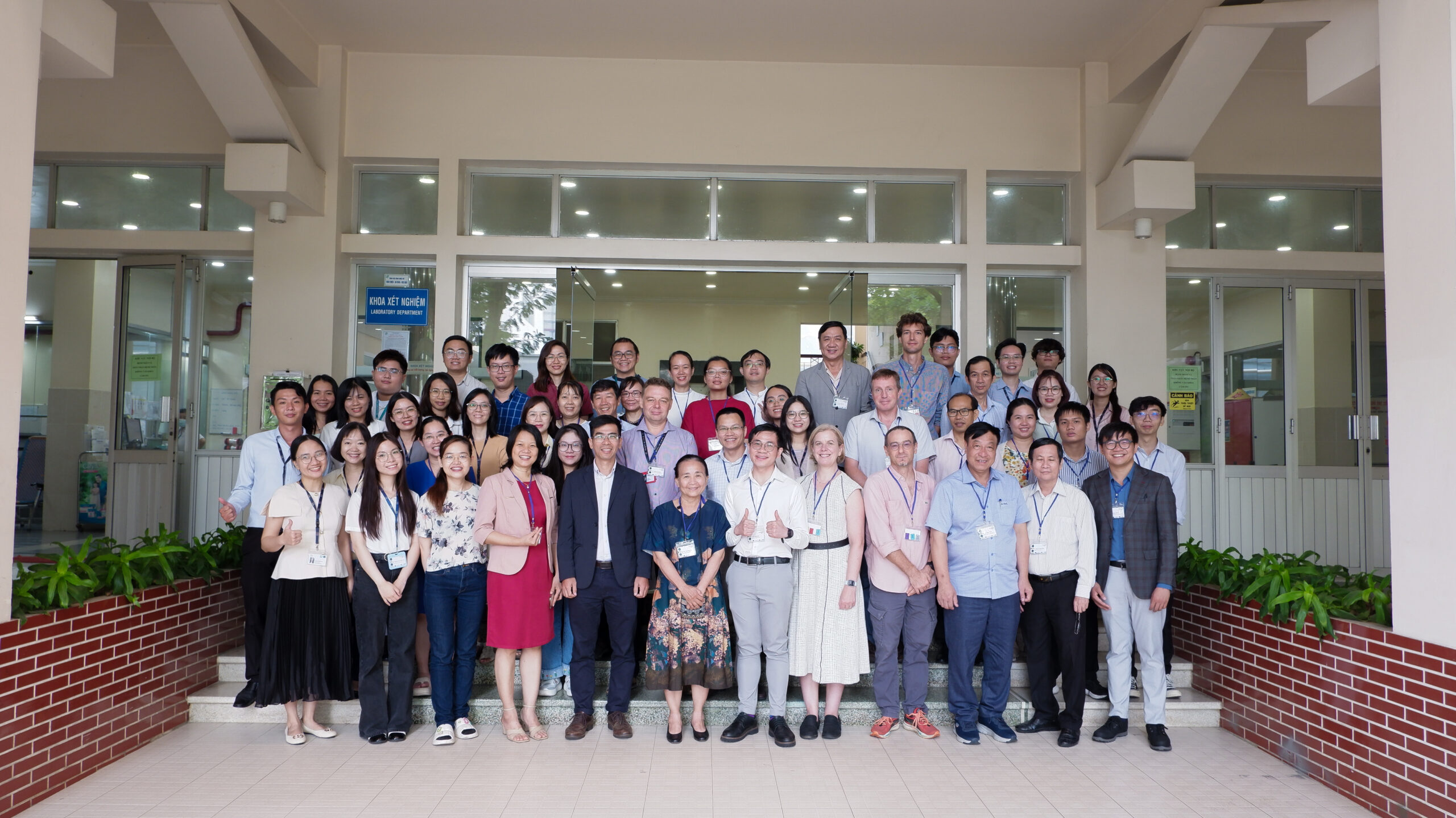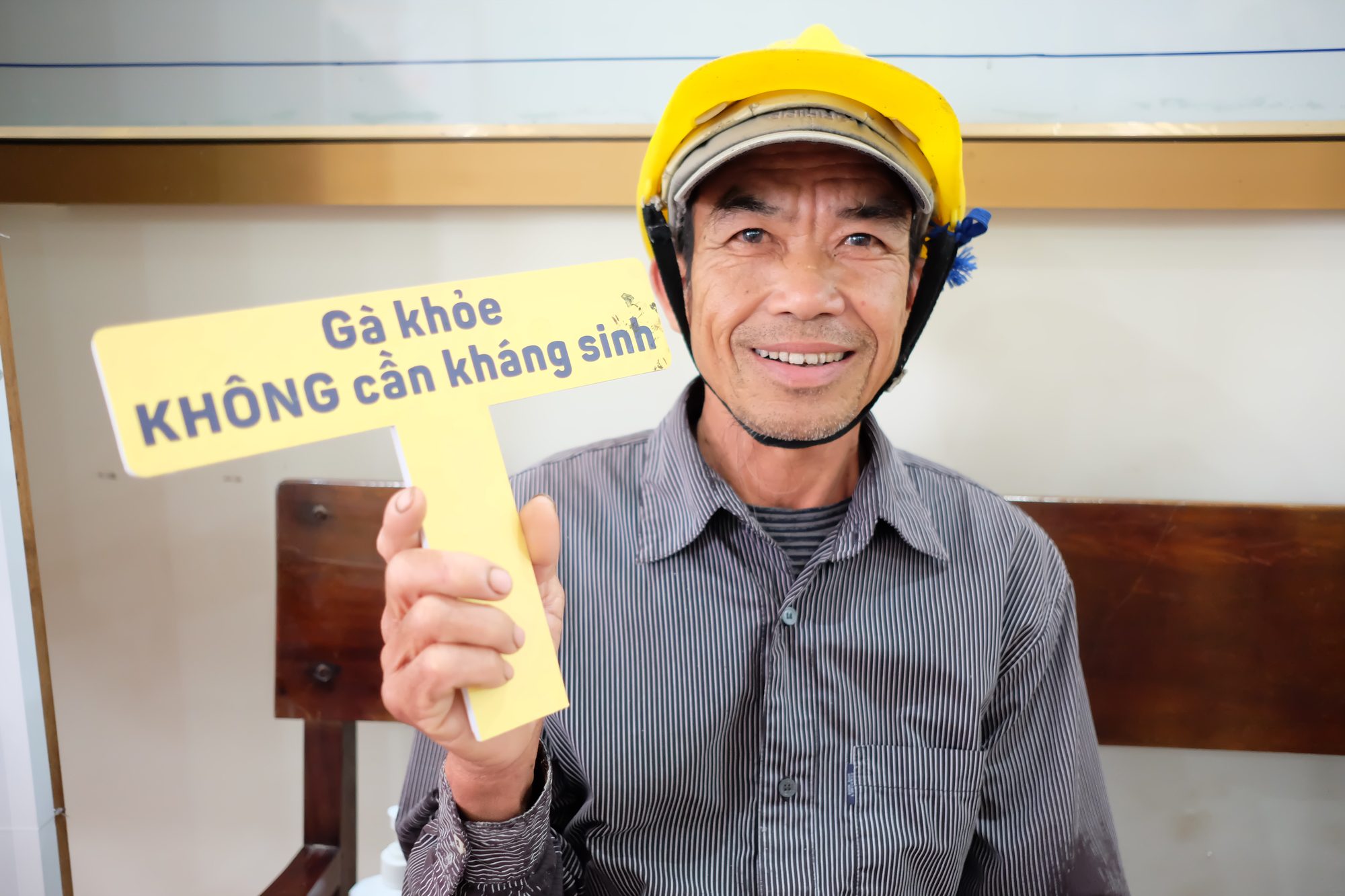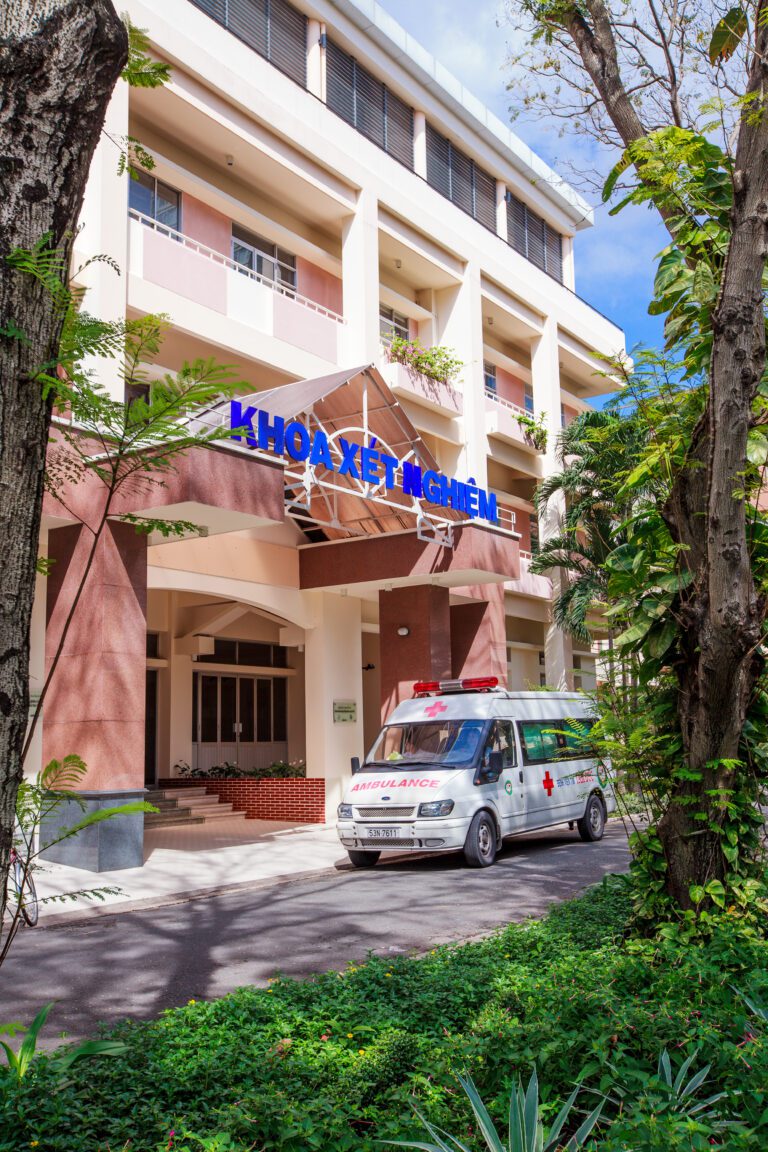The project aims to address the growing public health threat posed by Klebsiella pneumoniae (Kp), a bacterium capable of causing severe infections in both hospital and community settings. In recent years, Vietnam has witnessed a worrying rise in infections caused by both classical multidrug-resistant Kp (cKp) and hypervirulent strains (hvKp) that can cause severe disease even in healthy individuals.
On 5th August, the first day of 2-day project kick off was held at OUCRU’s Ho Chi Minh City office, bringing together representatives from the University of Oxford, Collège de France, VNUHCM–University of Science, Hospital for Tropical Diseases, Cho Ray Hospital, the National Hospital for Tropical Diseases, and the Ho Chi Minh City Center for Disease Control.
Speaking about the project, noted:
“Hospital-acquired infections have received a lot of attention in Vietnam, but community-acquired Kp infections remain under-recognised and poorly understood.” said Dr. Pham Thanh Duy – OUCRU’s Lead Principal Investigator. “Through Kleb-CASAVA, we will integrate patient-focused surveillance with vaccine development to create impactful prevention strategies,”
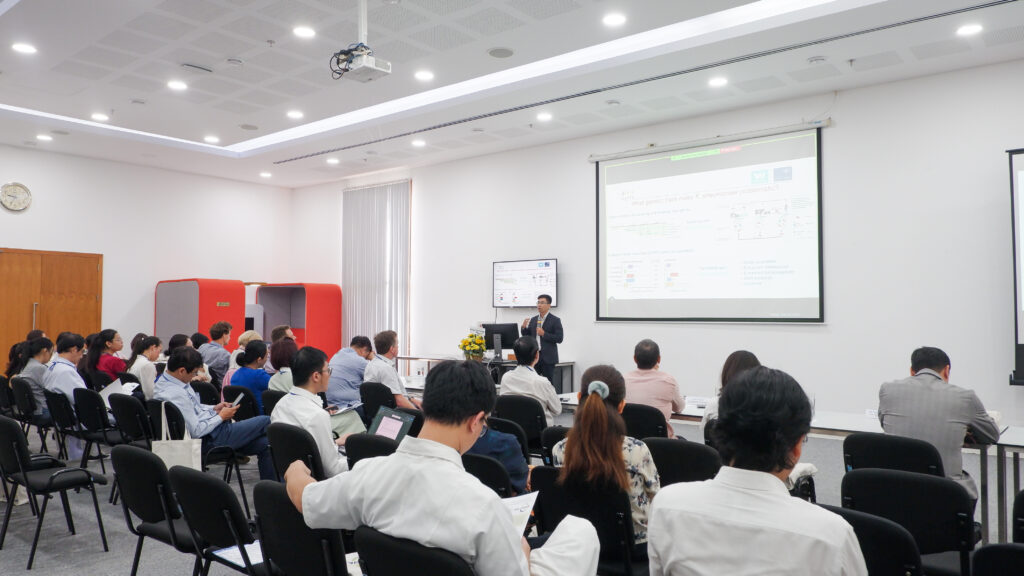
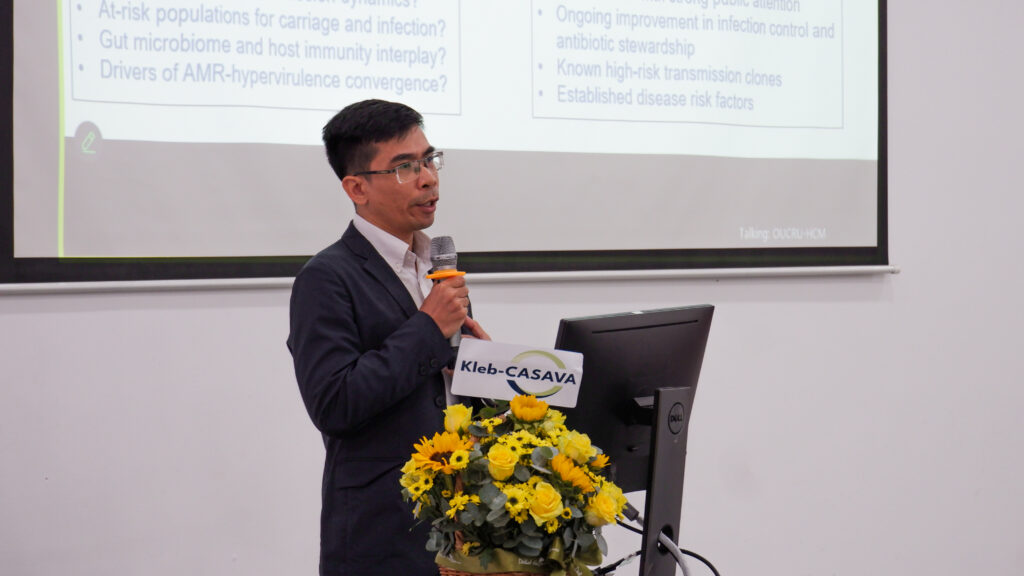
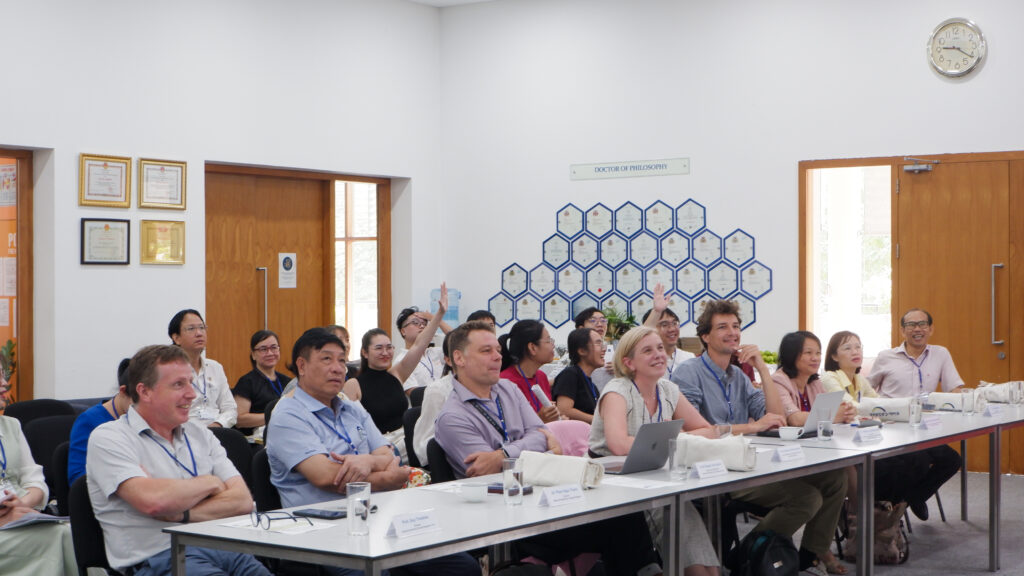
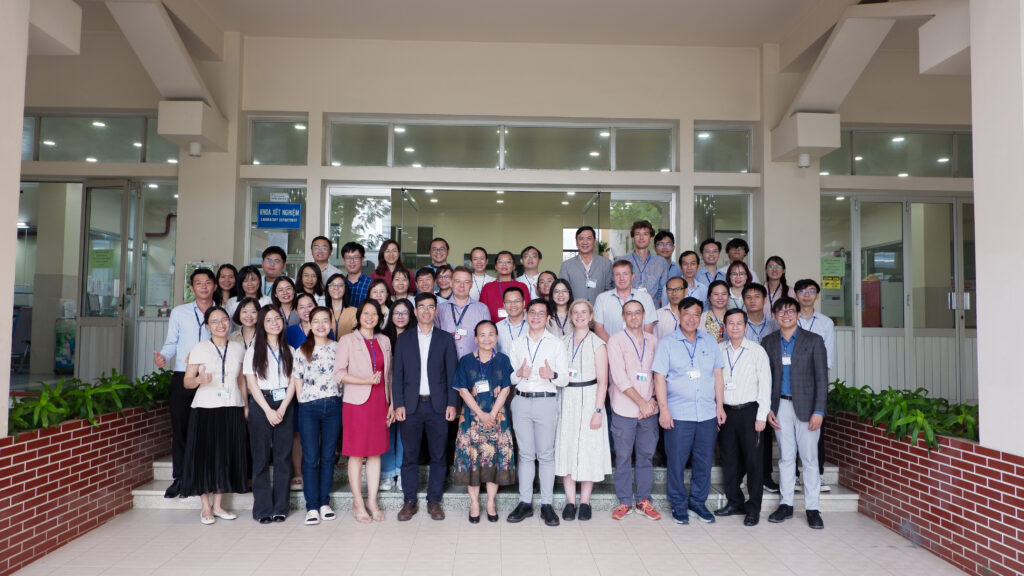
The second day featured a public symposium on “Vaccine Development Against Antibiotic-Resistant Bacteria” at the VNUHCM–University of Science, hosted jointly by the Center for Bioscience & Biotechnology (CBB) and OUCRU.
The symposium fostered scientific exchange and introduced the project’s goals to a wider research and public health audience, with discussions focused on accelerating vaccine research for antibiotic-resistant bacteria.
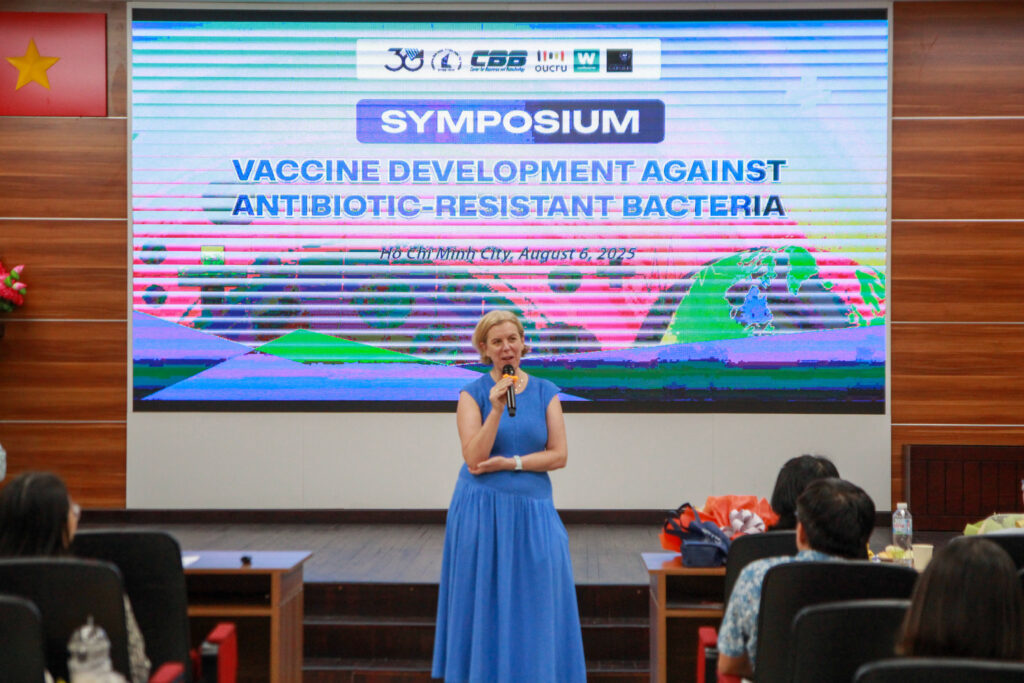
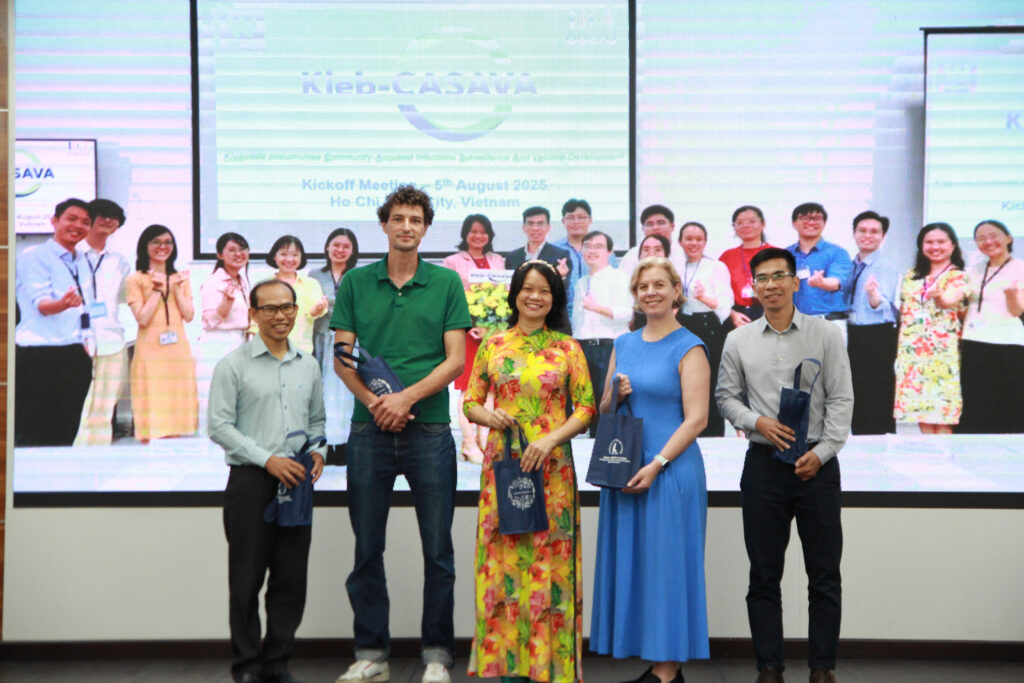
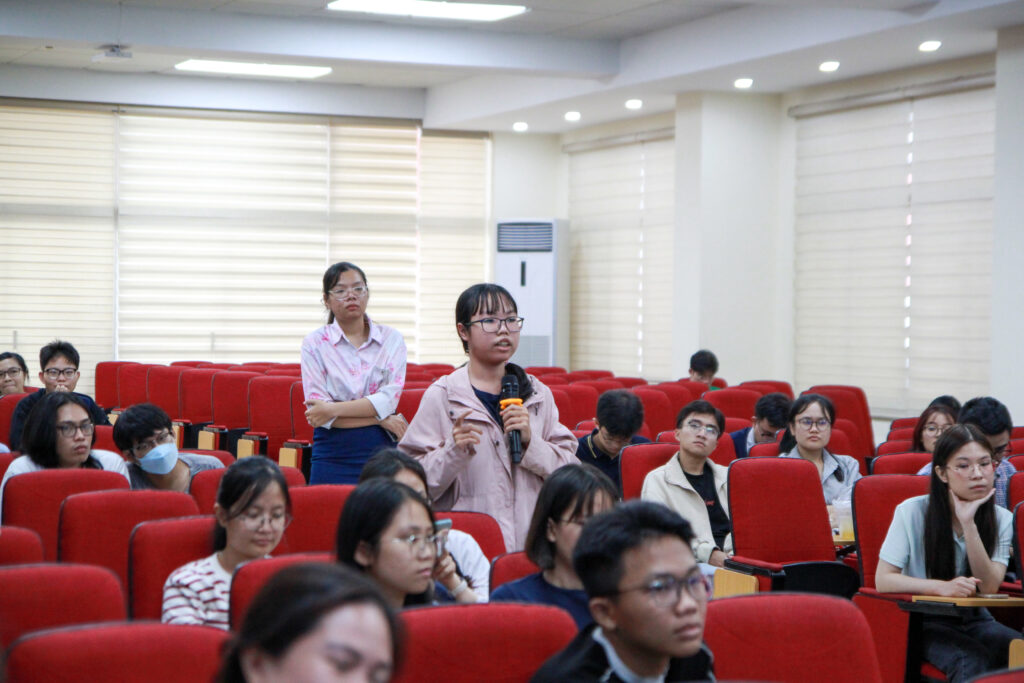
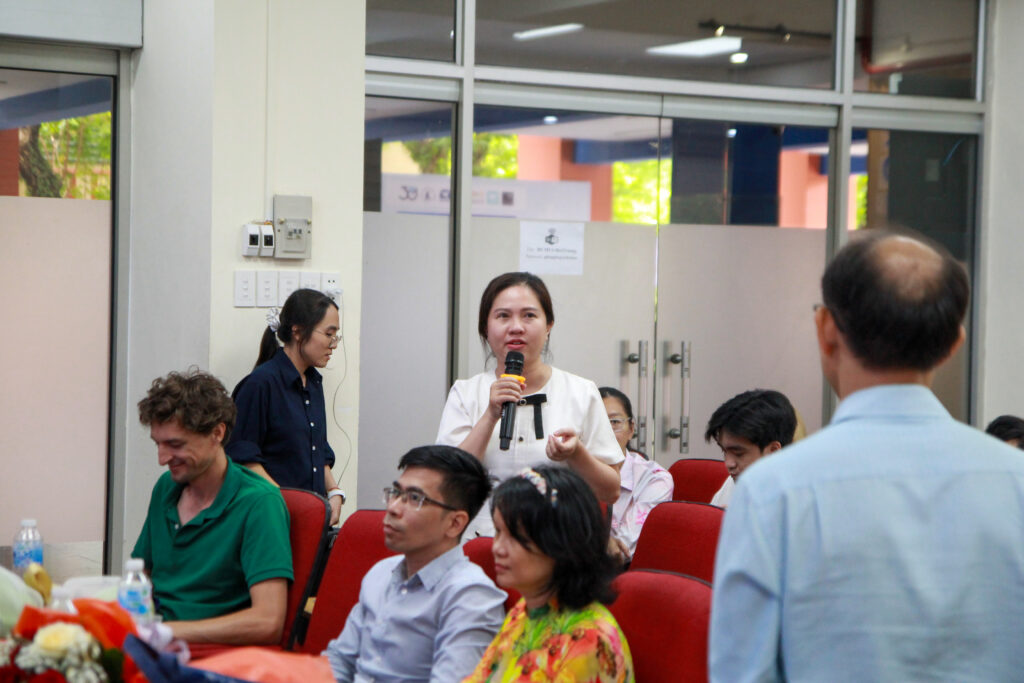
Kleb-CASAVA will run multi-site hospital and community studies in Ho Chi Minh City and Ha Noi, investigate immune responses to K. pneumoniae, and share results with policymakers to guide treatment and prevention. All research findings will be disseminated widely through publications, conferences, and stakeholder engagement to strengthen Viet Nam’s role in tackling antimicrobial resistance and contribute to global strategies.



